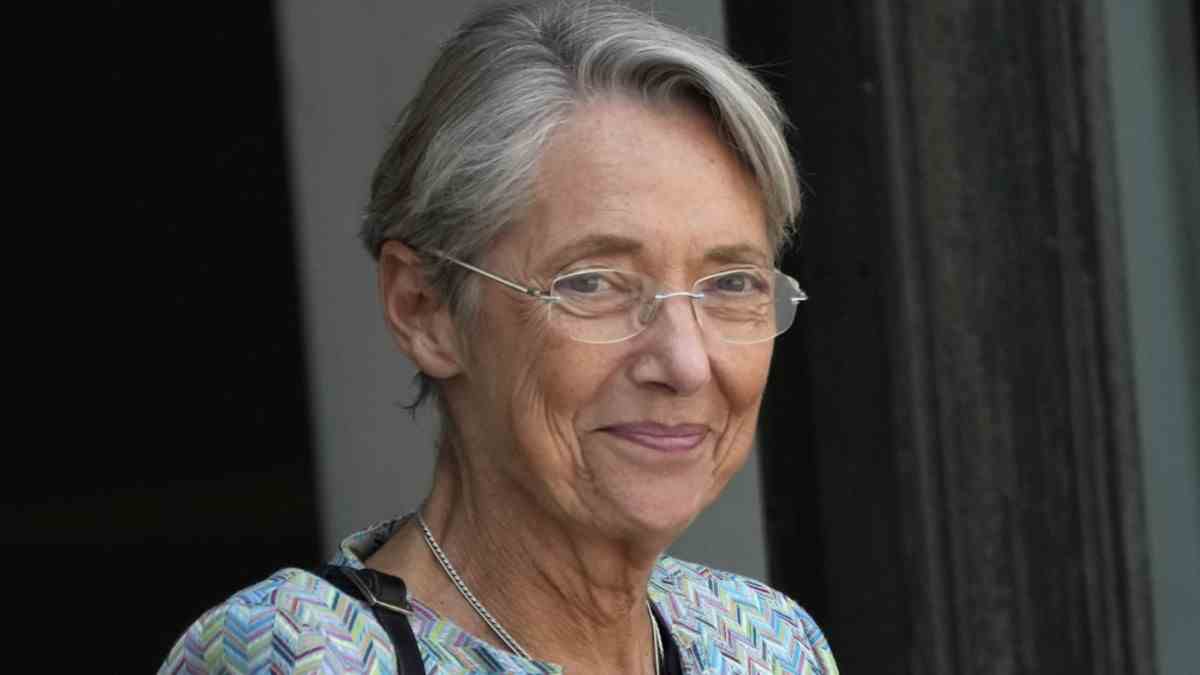Some revolutions shouldn’t really be a big deal anymore. The fact, for example, that a woman has now become Prime Minister in France. Yes and? Equality between women and men is enshrined in the French constitution, of course a woman can become prime minister. But they (almost) never became. The exception was 31 years ago, for almost eleven months, Édith Cresson, who was appointed Prime Minister by François Mitterrand in 1991. The 88-year-old speaks very openly about the unbridled sexism with which Cresson was denigrated and attacked. “Unlike the French population, French politics is immensely misogynistic,” Cresson told the weekly magazine on Tuesday LePoint.
In the coming weeks, Élisabeth Borne will show whether anything has changed. The 61-year-old was appointed prime minister by President Emmanuel Macron on Monday. And precisely because she said few words at her inauguration, the few sentences she said are all the more important. “I’m thinking of Edith Cresson at this moment,” said Borne. And: “I dedicate this moment to all young girls” who “should never be slowed down in the realization of their dreams”.
It took three weeks for the re-elected Macron to make his decision in favor of Borne. With her as prime minister, his second term begins the way Macron likes it: with a powerful symbol. The self-declared feminist Macron does not appoint a head of government, but a female head of government. Beyond this effect of progress, however, Borne stands for continuity rather than revolution.
The engineer made a career as a top civil servant
Borne has been part of Macron’s government team since May 2017. First in the Ministry of Transport, then as Minister of the Environment, and finally as Minister of Labor since 2020. She is one of the “technocrats” in Team Macron, i.e. one of those who fulfill their mission without much media attention. The engineer and elite university graduate Borne can look back on an exceptional career as a top civil servant and manager. She worked on the advisory staff of the socialist Prime Minister Lionel Jospin, she headed the staff of the Environment Minister Ségolène Royale from 2014. She was strategy director of the state railway company SNCF and head of the Paris transport association RATP.
Even if Borne is counted on the left wing of the Macronists because of her work for the Socialists, she has so far been less conspicuous for her ideological convictions than for her diligence, tenacity and toughness. The reform-ready trade unions, who negotiated the rail reform with her as transport minister, describe her tone as “rough”. As Minister of Transport, Borne forced SNCF, despite a record strike, to open up rail transport to European competition. As Labor Minister, she tightened the conditions for the unemployed. On the highly controversial issue of pensions, Borne advocates raising the retirement age to 65, to the outrage of the left and right-wing extremists.
In the coming days, Borne will set up her government team together with President Macron. The left Jean-Luc Mélenchon etches that it will only be an “interim government”. Parliamentary elections are due in June. Mélenchon, who came third in the presidential election, hopes to win a majority of the seats through the new left-green alliance “NUPES”. So far, Macron’s La République en Marche has held them. Although the first polls show a clear gain for the left-wing parties, they also expect Macron to do well. Macron justified his decision for Élisabeth Borne as Prime Minister by saying that she is the right person to implement a more decisive ecological transition.

